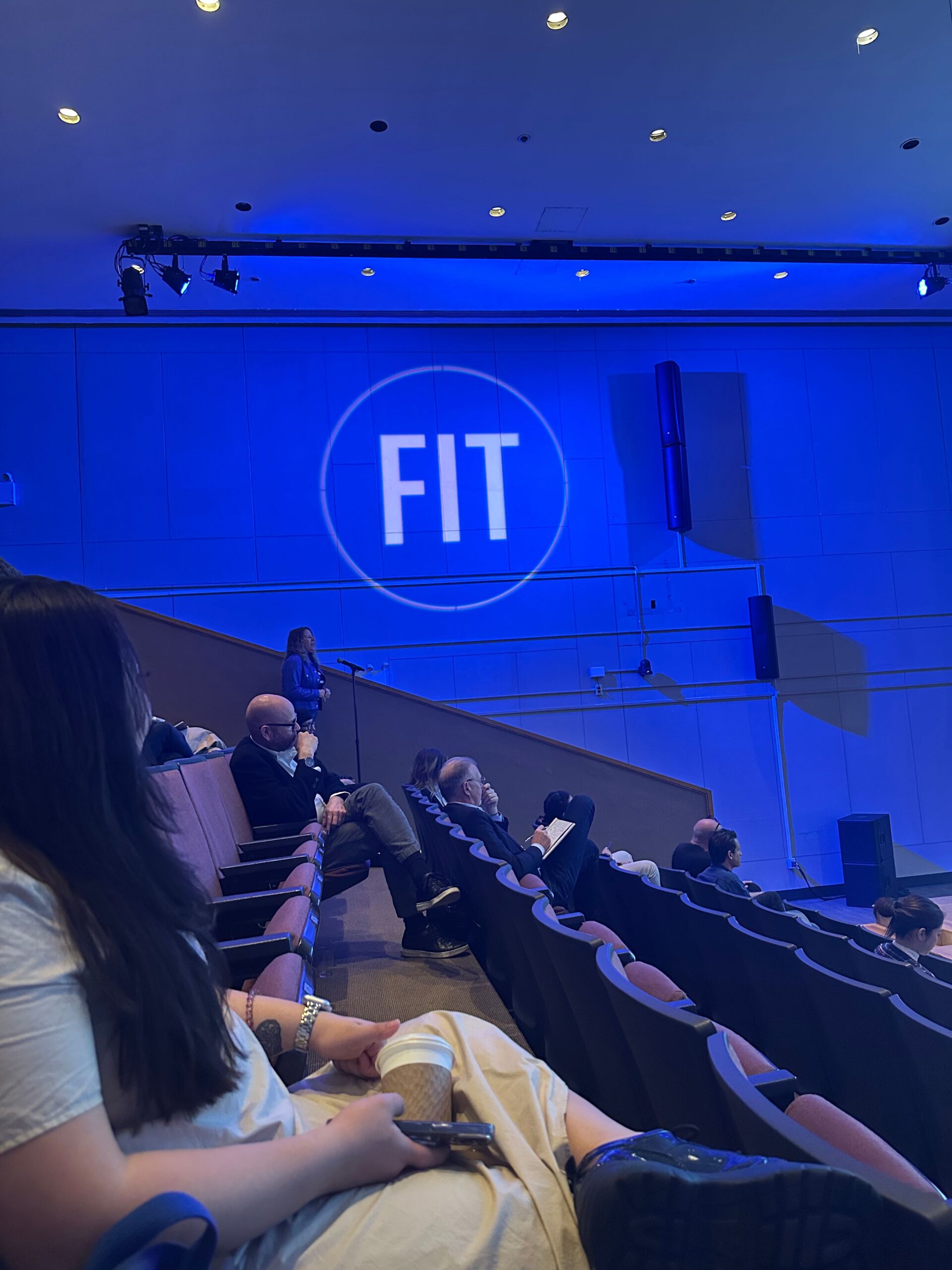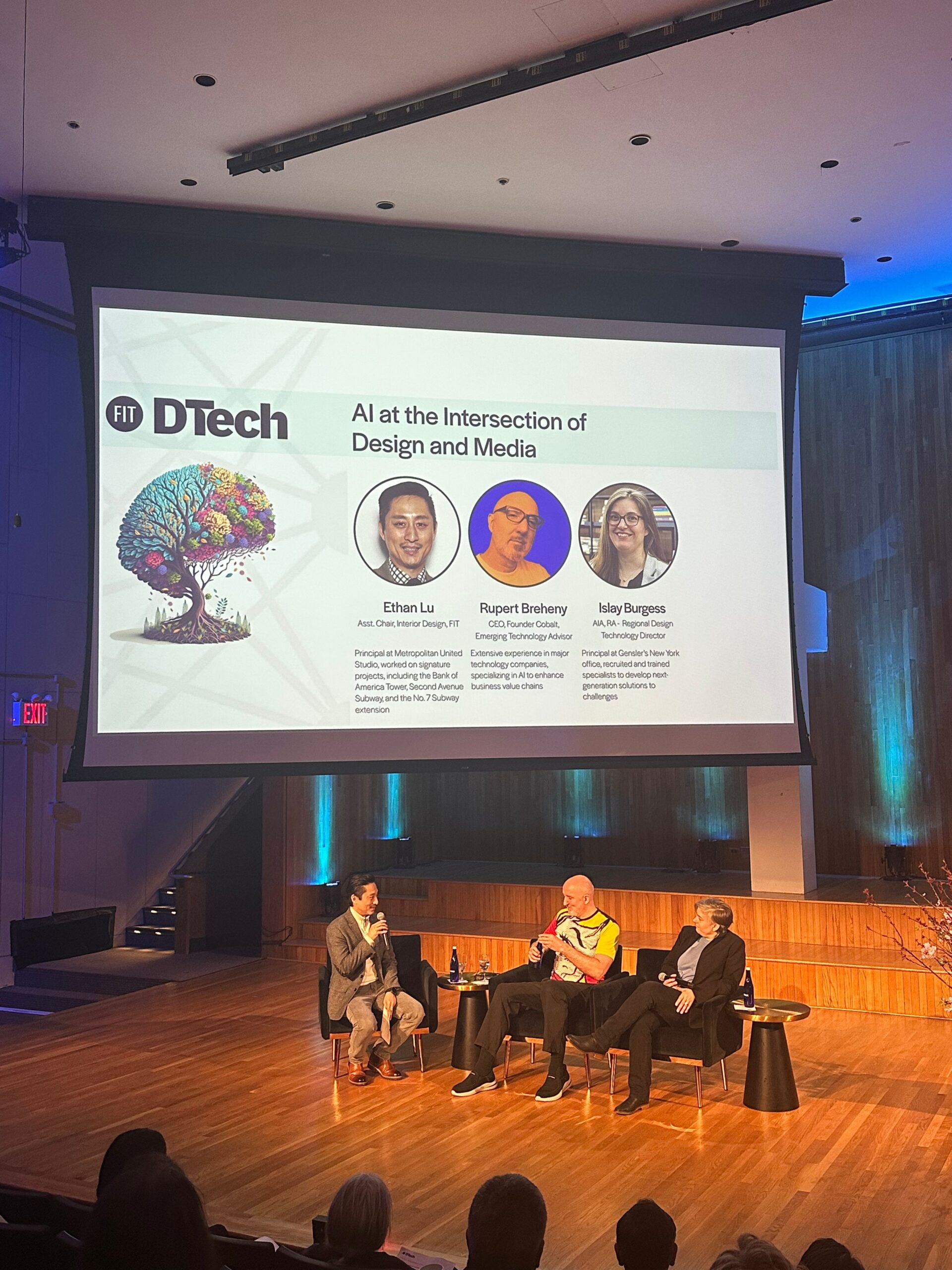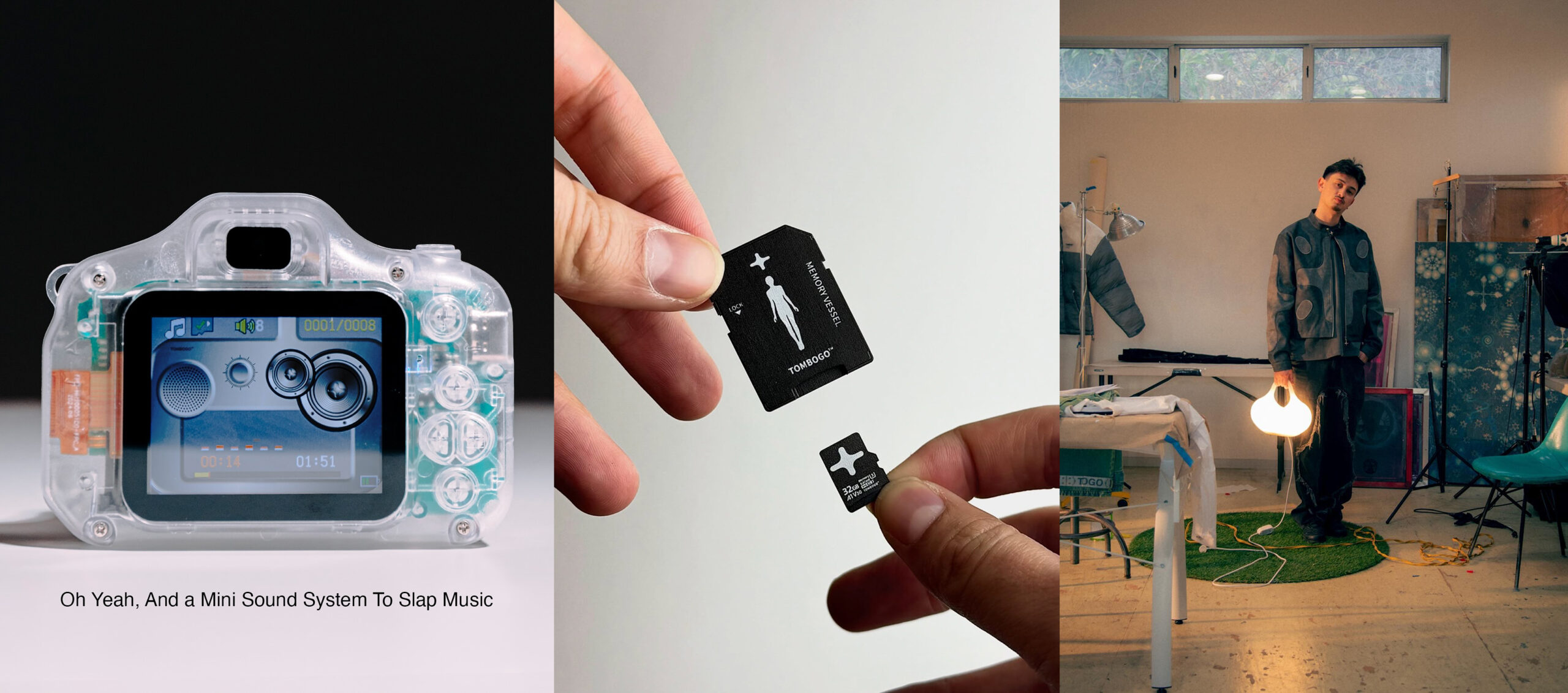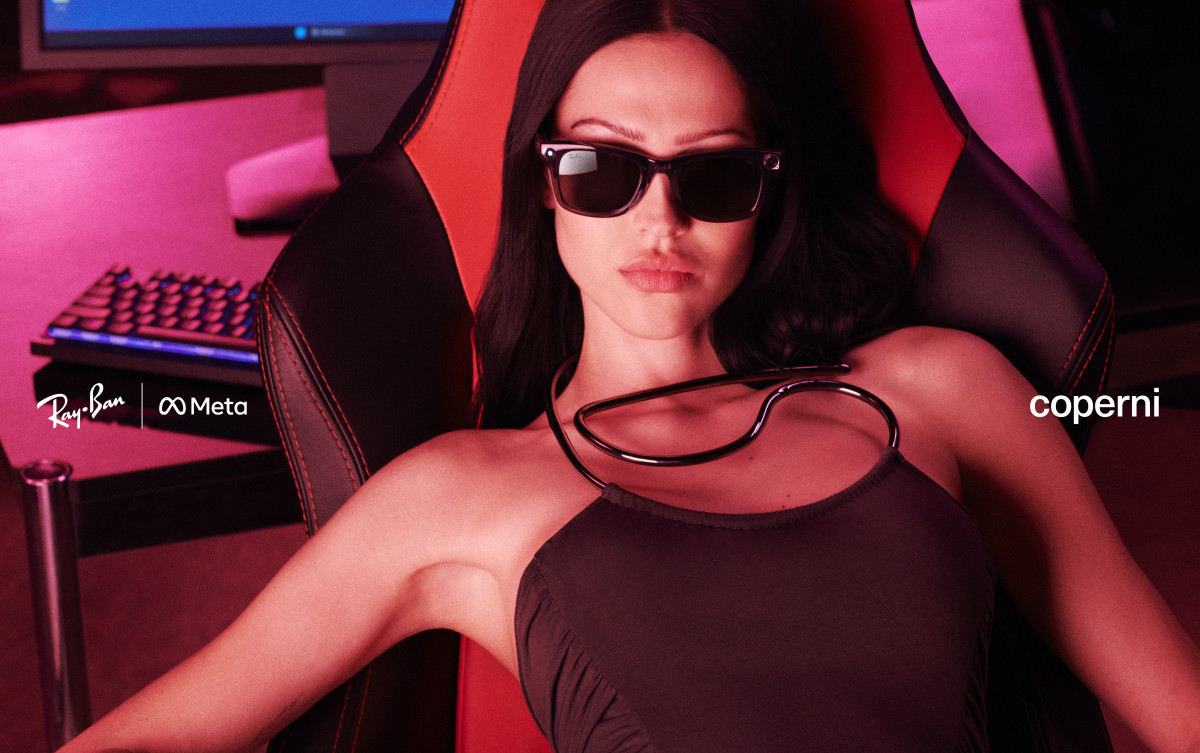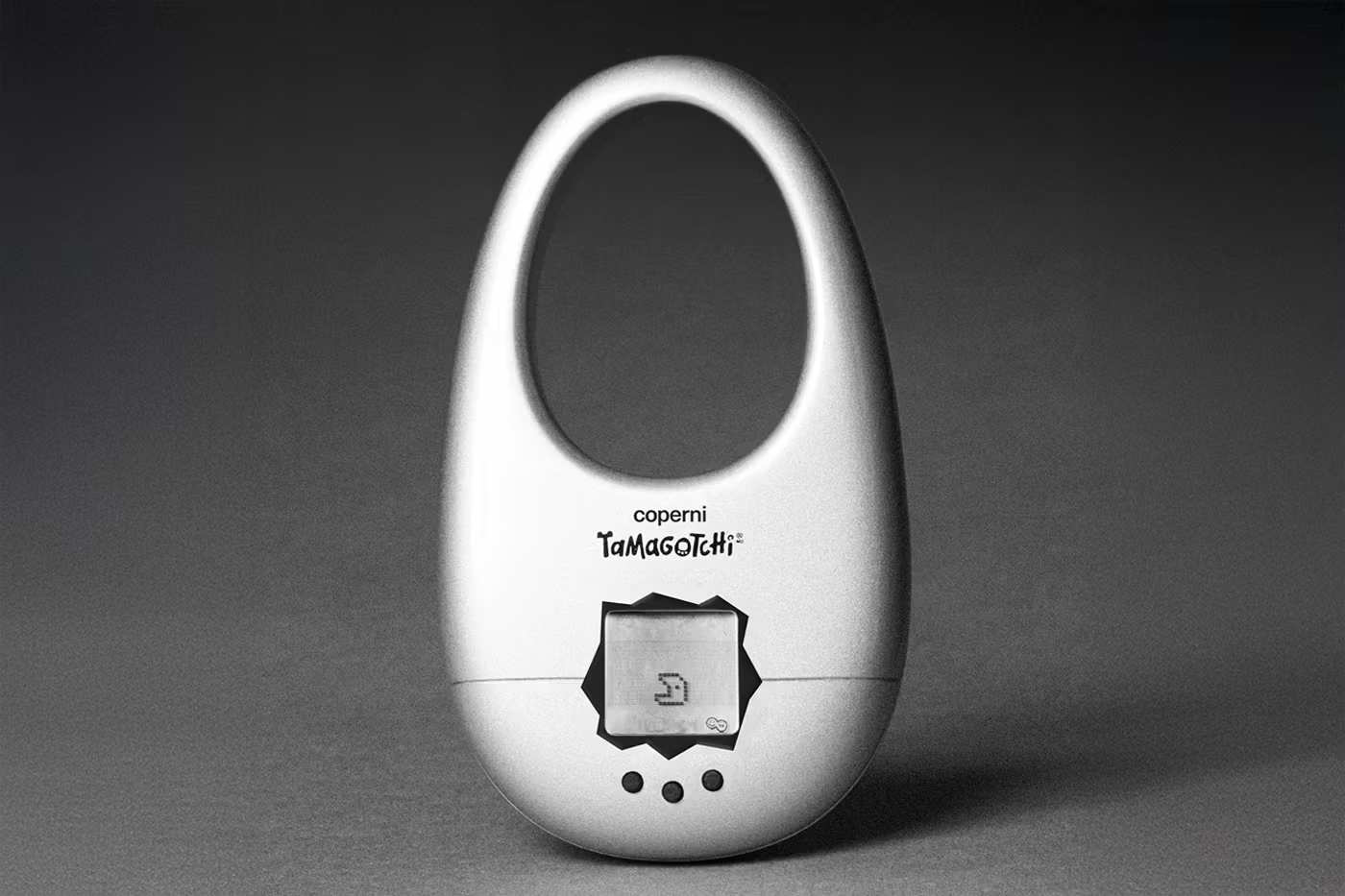The much-anticipated launch of Humane’s Ai Pin brought with it not just curiosity and excitement but also its fair share of controversies. This device, designed to seamlessly integrate AI into everyday life, faced scrutiny over inaccuracies in its promotional content, spotlighting the delicate balance between innovative ambition and the imperatives of accuracy.
The boom of the controversy all started from an interview on CNBC, where the co-founder couple are having challenges answering the host about their product offering.
Source:CNBC @ Youtube
Launch Missteps and Corrections
During its unveiling, the Ai Pin’s promotional video was found to contain factual errors, leading to considerable debate about the reliability of AI-driven technology. Specifically, the device provided incorrect responses regarding the best location to view a solar eclipse and the protein content in almonds—errors that were promptly corrected in a reshoot of the promotional video 3 months later. This incident underlined the challenges AI products face, even with substantial development time and investment.

Source: HUMANE AI @ Youtube
Humane’s Response and Efforts to Clarify
In response to the criticism, Humane actively sought to demonstrate the Ai Pin’s capabilities and address concerns about its usability. Co-founder Bethany Bongiorno took to social media to illustrate how the device works, focusing on its innovative Laser Ink Display and voice interaction features. Despite the initial backlash, these demonstrations aimed to showcase the Ai Pin’s potential and futuristic appeal. Humane emphasized the device’s role not as a direct smartphone replacement but as a new form of ambient computing, designed to enhance interaction with AI and reduce reliance on screens.
Reflections and the Path Forward
The Ai Pin’s launch serves as a pivotal moment in the ongoing integration of AI into personal technology. While the controversies have highlighted the importance of accuracy and user trust, they also reflect the growing pains of introducing groundbreaking technologies. Humane’s willingness to engage with feedback and clarify the Ai Pin’s functions suggests a commitment to improving understanding and acceptance of this new computing paradigm. They are even making videos to address the different use cases in simple language.
The Ai Pin, running on Cosmos, promises a future where AI is woven into the fabric of daily life, offering features like real-time translation, dietary recommendations, and an AI-driven music experience with Tidal as its first software partner. This incident, though a setback, offers valuable lessons on the intersection of AI, usability, and public perception as the tech community continues to explore effective ways to incorporate these technologies into real-world products.
